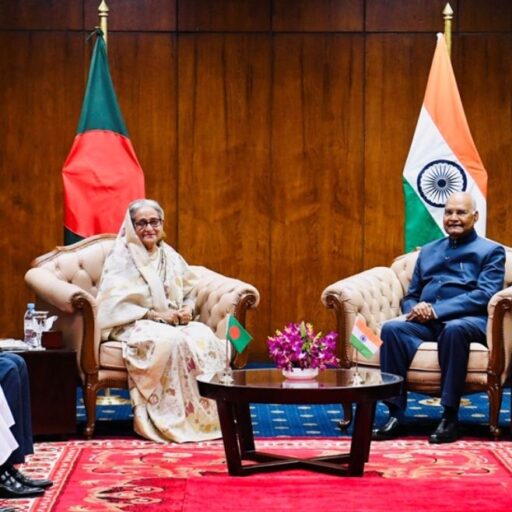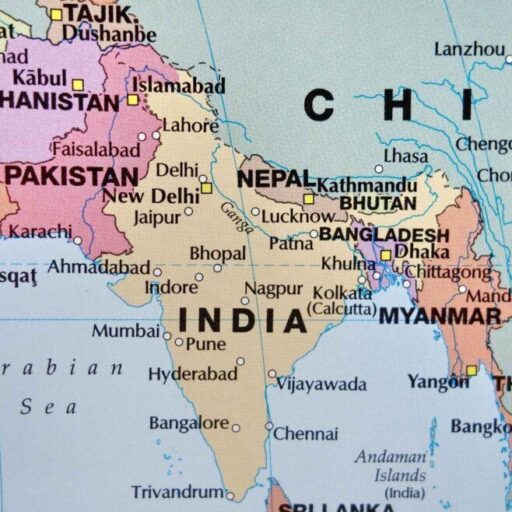Co-operation among nation-states has been a subject of discussion since the outbreak of the COVID-19 pandemic. When the virus was initially reported in China, the international community reached out with medical aid and other assistance.¹ Subsequently, as the epidemic transformed into a global pandemic, governments across the world were surprised by the ferocity of the virus. Many nation-states, especially the major powers, indulged in the hoarding of critical medical equipment. In the midst of this crisis, the World Health Organization (WHO), which is supposed to facilitate international co-operation, was criticised for acting in a partisan manner.² Nonetheless, there has been significant international co-operation over the past year, especially in vaccine development and distribution. India has emerged as an important hub of vaccine production, and Indian companies Serum Institute of India (SII) and Dr Reddy’s Laboratories, among others, have collaborated with foreign firms to manufacture vaccines in India. Moreover, through its Vaccine Maitri programme, India has supplied 66.3 million doses of the made-in-India vaccines to several countries across the world.³ However, Delhi has halted exports of the vaccine and prioritised its “domestic vaccine programme” to combat the ongoing second wave of COVID19 in India.⁴ To help combat the surge, approximately 40 countries have promised assistance in the form of medicines, medical equipment and other related items.⁵ The United Nations and its agencies have also stepped forward to assist India with critical equipment as well as in scaling up mobile field hospitals.⁶ Essentially, the pandemic experience over the past year has demonstrated the need to strengthen regimes of co-operation and bring in more predictability to deal with global challenges.




